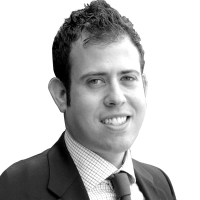World
Pool photo by Maxim Shipenkov
Meet the Anti-Semites, Truthers, and Alaska Pol at D.C.’s Pro-Putin Soiree
Motley Crew
Washington’s celebration of U.S.-Russian relations quickly turned into a pity party for the Kremlin’s die-hard American apologists.

Trending Now





